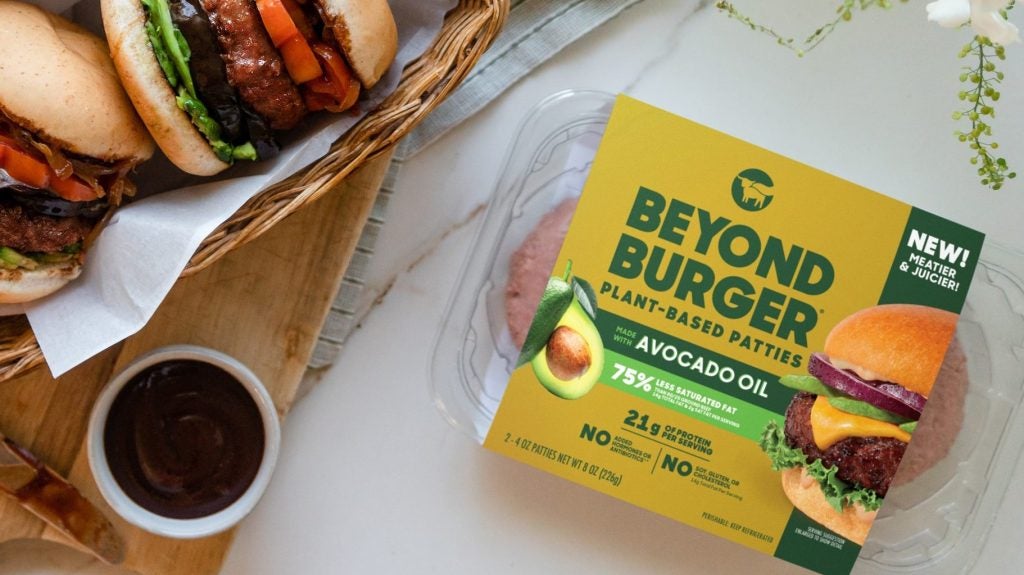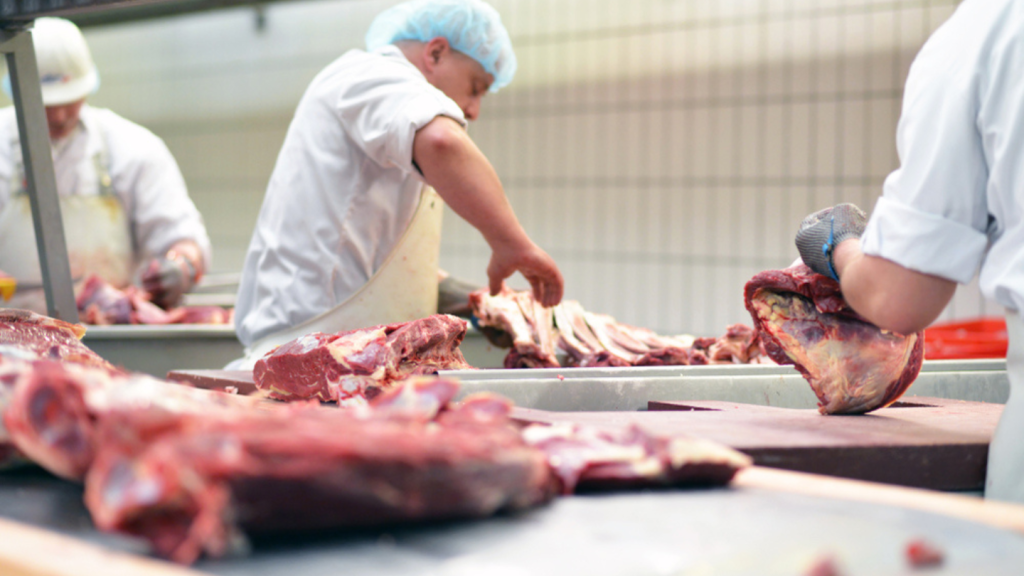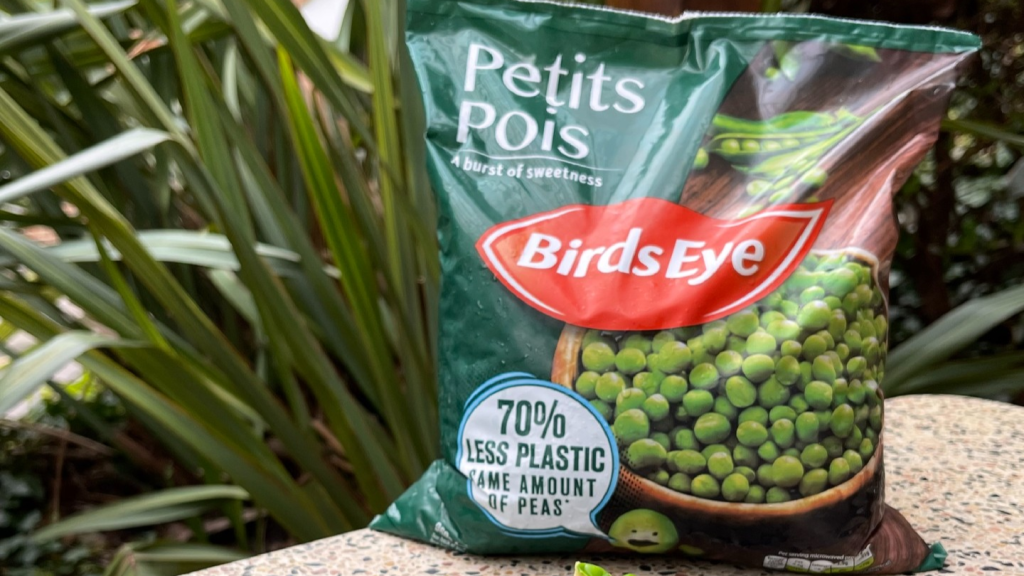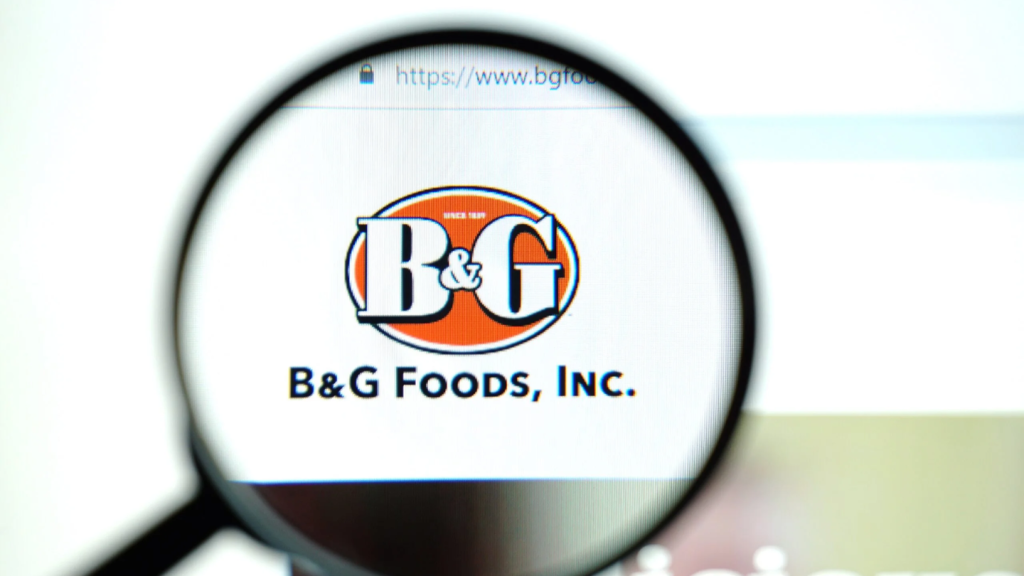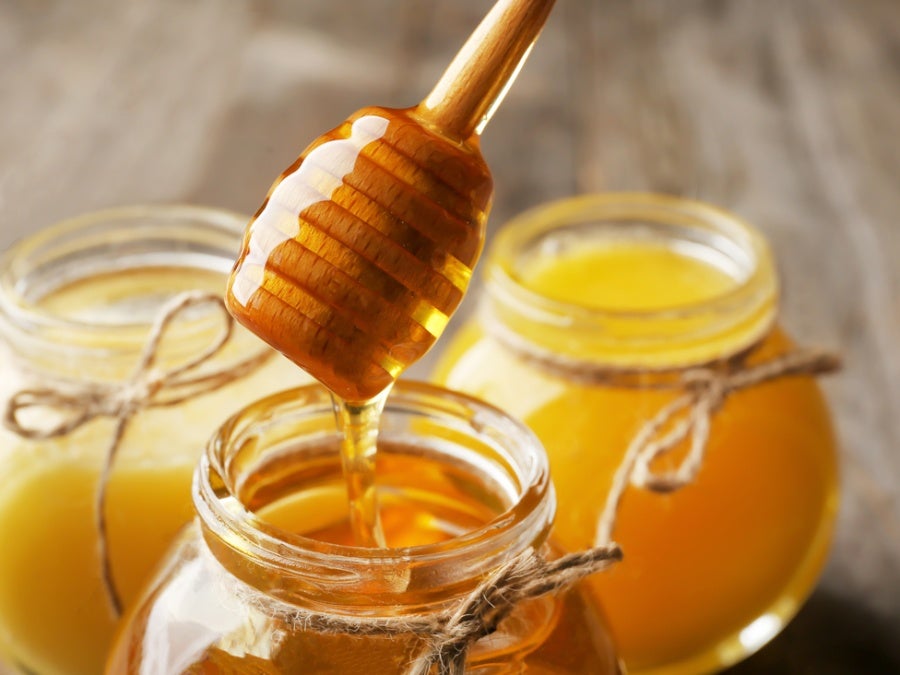
The EU has put forward proposals for new marketing standards it says will promote the local production of foods including honey, fruits and vegetables.
The EU’s marketing standards include plans to promote the local production of food including honey, fruits and vegetables.
Under plans to revise marketing standards, the bloc’s legislative body – the European Commission (EC) – said the proposals are designed to improve transparency and “help consumers make more informed choices for a healthier diet and contribute to prevent food waste”.
Honey, nuts, dried fruits, and processed fruit and vegetables would have to display the country of origin on labels, a measure that “should also promote EU production of these products”, the EC suggested.
An investigation and follow-on report from the EU last month revealed almost half of the honey imported to the bloc had been “adulterated”, with 60% of samples found to be blended with added sugars. And 46% of the samples did not meet the so-called Honey Directive, legislation outlining what can be labelled as honey.
Elsewhere in the proposed standards, manufacturers of jams and marmalade would be required to boost the fruit content to a minimum of 450g per kilo from 350g currently, in an effort to cut the added sugar content in favour of naturally occurring sugars. The use of the term marmalade would also be broadened from citrus-type jams to all fruit jams.
How well do you really know your competitors?
Access the most comprehensive Company Profiles on the market, powered by GlobalData. Save hours of research. Gain competitive edge.

Thank you!
Your download email will arrive shortly
Not ready to buy yet? Download a free sample
We are confident about the unique quality of our Company Profiles. However, we want you to make the most beneficial decision for your business, so we offer a free sample that you can download by submitting the below form
By GlobalData“Marketing standards concern the external qualities of products and the non-visible qualities that result from particular production processes, like fruit content in jams,” the EC explained, adding that “they apply equally to both EU products and imported products”.
Distorted fruit and vegetables, or those with external defects but still suitable for human consumption, would be exempt from the marketing standards.
In an effort to reduce energy consumption on egg farms in favour of renewable energy sources, solar panels would be allowed to be used in outdoor areas for the production of free-range eggs. Marking would also take place directly at the source.
Janusz Wojciechowski, the EC Commissioner for Agriculture, said in a statement: “Marketing standards are the common language between consumers and operators to know what they are trading, and to ensure loyal competition for all in the EU.
“We want to improve the transparency of the products sold to consumers and reduce food waste, while valuing even more sustainable and healthier production methods for producers.”



